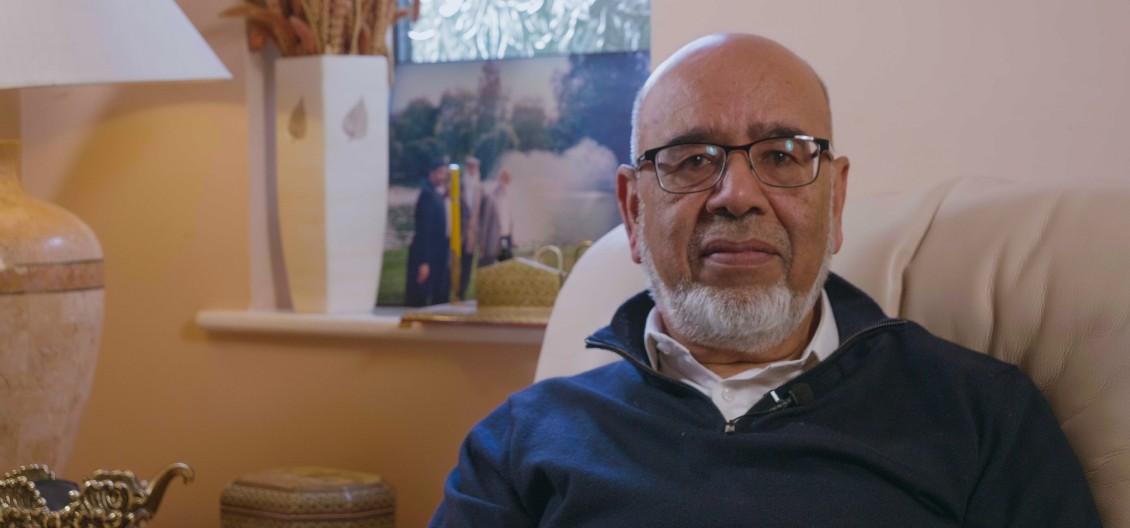
Mohammed
I've realised that when I become too relaxed about my diet, my numbers go up again, so I must remain on top of things and in control of my nutrition. I’ve been following my eating regime and this has kept my diabetes in remission.
customer support
customer support

I've realised that when I become too relaxed about my diet, my numbers go up again, so I must remain on top of things and in control of my nutrition. I’ve been following my eating regime and this has kept my diabetes in remission.